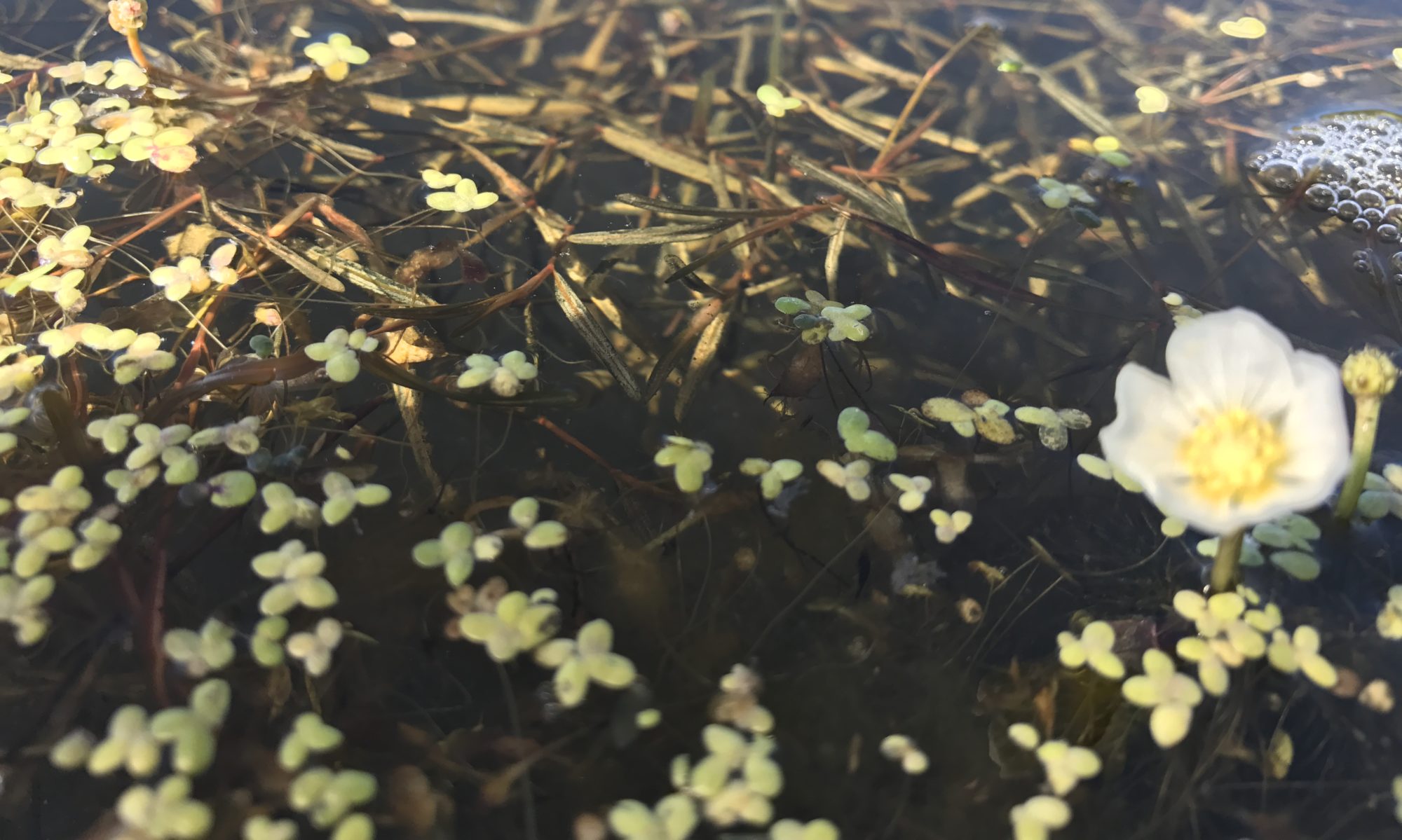at Penn State University
WFS 497 (Special Topics) Aquatic Invertebrate Ecology: Taxonomy and ecology of aquatic invertebrates including their importance in freshwater ecosystems, water resource
management, recreation, and conservation. Emphasis is on family-level identification of aquatic life stages. Field trips will be scheduled to local aquatic habitats. A collection is required.
WFS 597 Advances in Freshwater Ecology and Ecosystem Management: Freshwater ecosystems are subject to numerous stressors, including climate change, invasive species, infectious diseases, harmful algal blooms, pollutants and emerging contaminants. This course is designed to allow students to become familiar with emerging threats to freshwater ecosystems and consider novel approaches to the management of these issues
at North Dakota State University
Biology 470 Limnology and Freshwater Ecology: Freshwater ecology is the study of the relationship between freshwater organisms and their environment. Limnology is the study of inland waters, including lakes, reservoirs, rivers, streams, wetlands and groundwater. This course will provide an overview of freshwater ecology & limnology, emphasizing fundamental interactions and processes.
Biology 364 General Ecology: Ecological principles associated with organism environment interactions, populations, communities, and ecosystems. Quantitative approach with examples (animal, plant, microbial) included.
Biology 450 Invertebrate Zoology: Survey of the biology, classification, and evolution of invertebrates.
Biology 850 Advanced Ecology: This course covers classical ecological literature and current literature focusing on ecological research philosophy and techniques. An overview/introduction of a variety of statistical methods for analyzing ecological data is covered.
Teaching Resources:
- Four-Dimensional Ecology Education Framework | 4DEE
- Ecological Society of America’s online education resource portal
- TIEE – Teaching Issues and Experiments in Ecology
- Dynamic Ecology Blog: Videos for teaching ecology
- QUBES – quantitative biology teaching community & resources
- Project Eddie (environmental data driven inquiry & exploration)
- National Center for Case Study Teaching in Science
- HHMI Biointeractive
